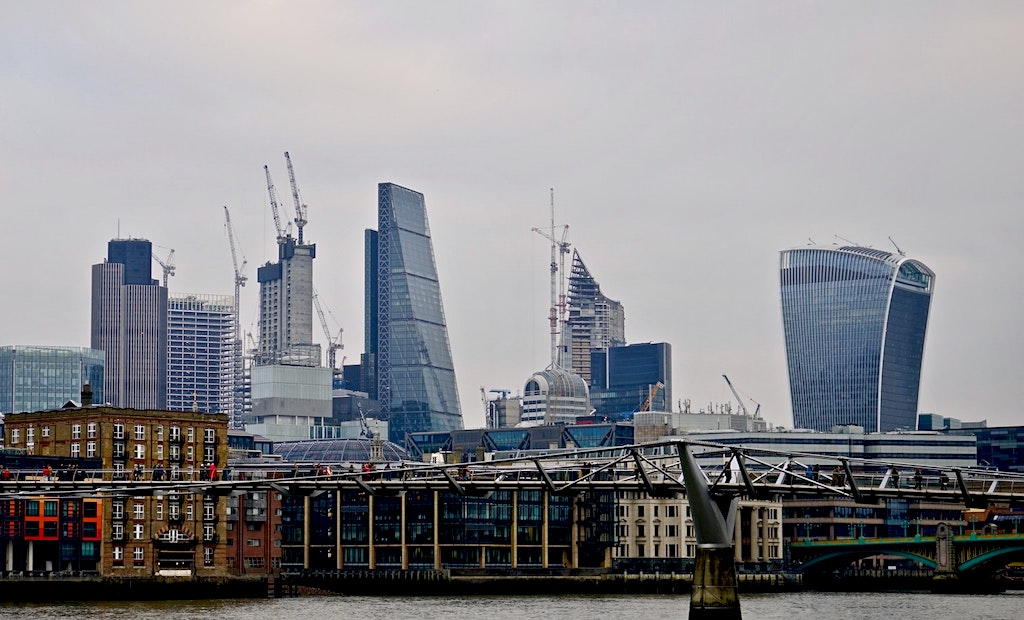RBS reports £5.2bn loss in 2012

The Royal Bank of Scotland (RBS), 81% of which has been nationalised, has recorded pre-tax losses of £5.17 billion in 2012, whilst still giving out £607 million in staff bonuses.
The bank announced losses of £1.2 billion in 2011 but this year losses have ballooned, as RBS assets took write-offs to cover outstanding liabilities. In addition, the bank faced two major charges that have cut into its £3.5 billion operating profits.
The first is its central role in the manipulation of the London Interbank Offered Rate (LIBOR) which controlled over $350 trillion in international contracts from 2006 until 2010.
In this scandal RBS forged over 219 documents falsifying interest rate information. The bank faced £381 million in settlements in court.
The second are the UK Financial Services Authority (FSA) charges over the mis-selling of an estimated 5,000 interest rate swap contracts – contracts that shield companies from high interest rates – to small and medium “unsophisticated” businesses while knowing interest rates were at historic lows and dropping. RBS has revealed provisions, due to this charge, upwards of £1.1 billion.
Despite these bonuses, mostly to RBS’s investment bankers, totalled £607 million last year, £72 million of which was clawed back to fund the LIBOR charge.
RBS chairman, Sir Philip Hampton, has defended these amounts stating that although “still huge”, banking “is a very difficult, competitive marketplace, and if you don’t pay what you need to pay you don’t get the best people”. The bonuses clawed back are from none of those involved in the manipulation of LIBOR.
In early trading today, the announcement of losses was reflected in a 3% drop in RBS share prices to 336 basis points, a figure that represents a $15 billion share value loss, and made RBS the company with the largest drop on Thursday.
Since the bank was made public in 2008 due to its difficulty staying solvent in the financial crisis, the company has made losses of nearly £35 billion on top of the £45 billion the taxpayer paid to bail out the company.
Head of equities at Hargreaves Lansdown Stockbrokers, Richard Hunter, has said: “The net loss was brought about by an increase in its own debt and costs and provisions relating to Libor, PPI and interest swaps.”
Patrick Corby
























Facebook
Twitter
Instagram
YouTube
RSS